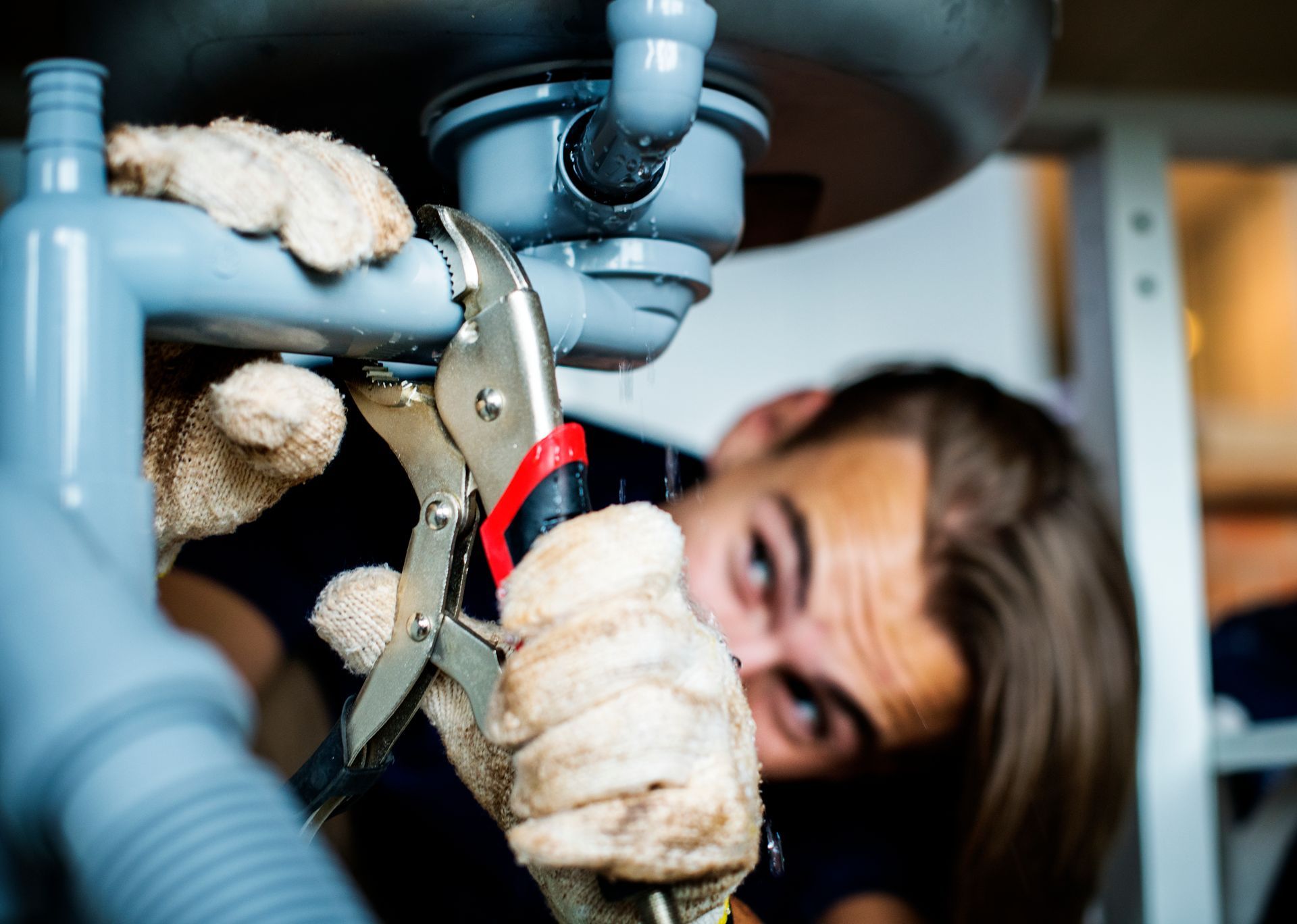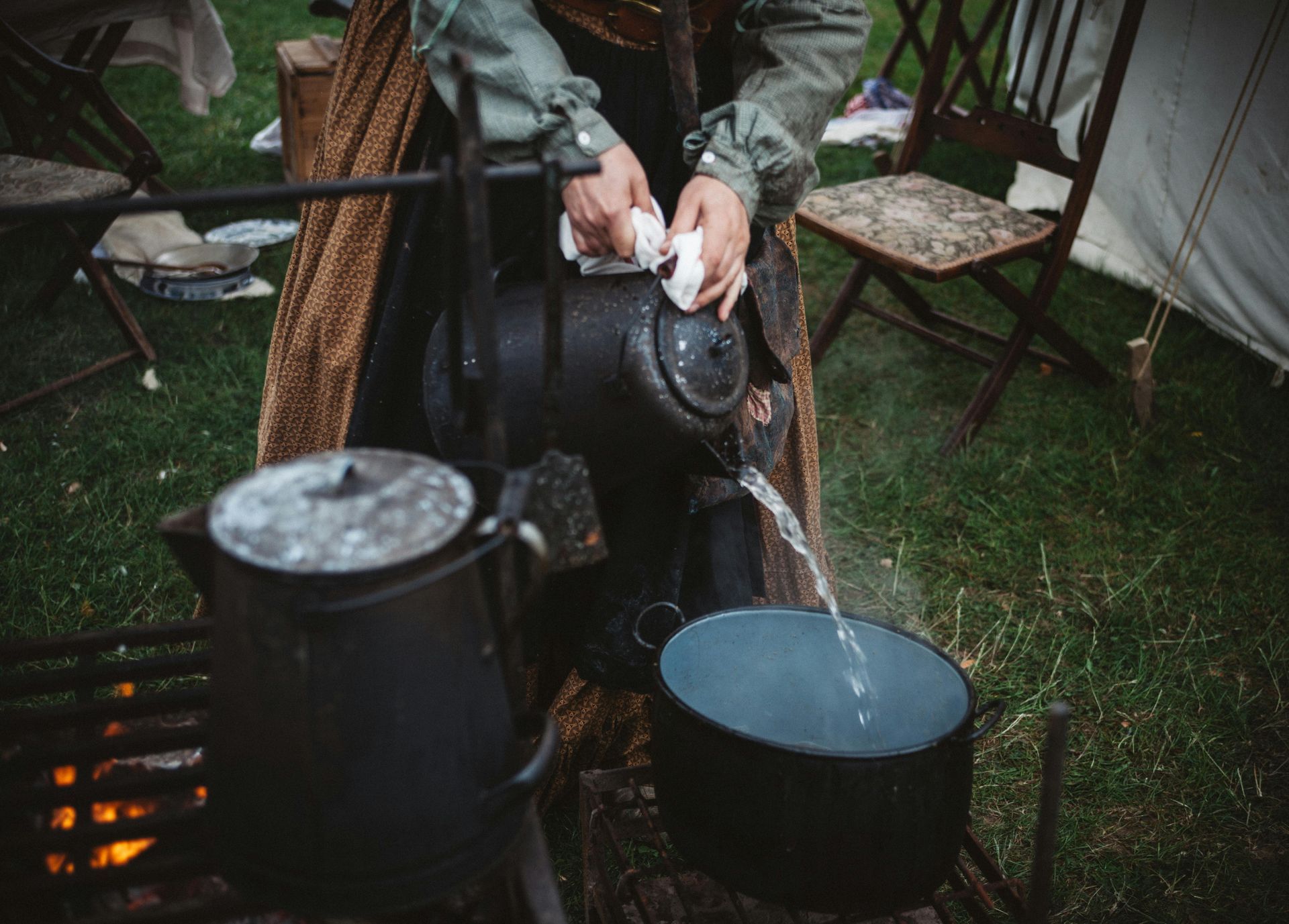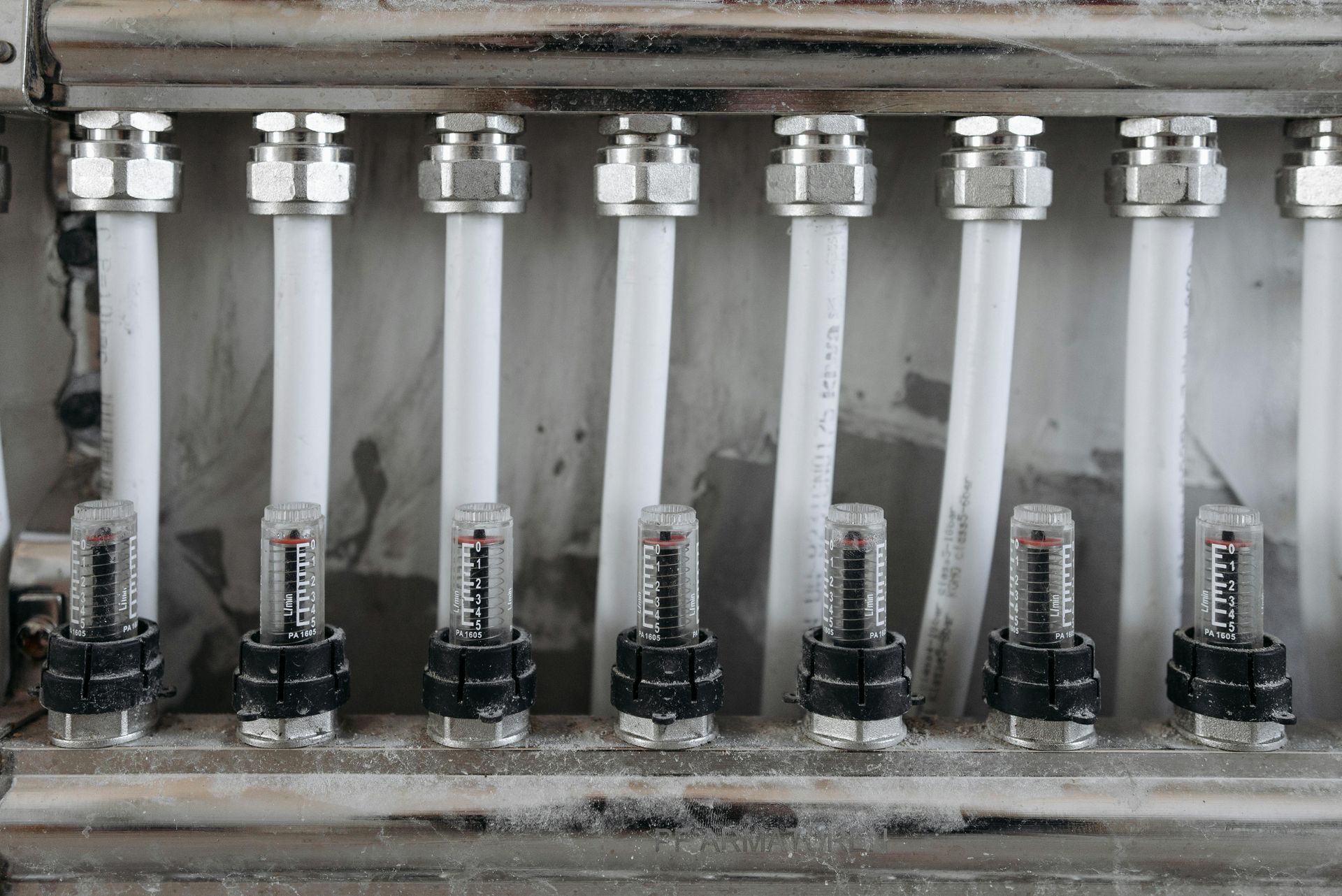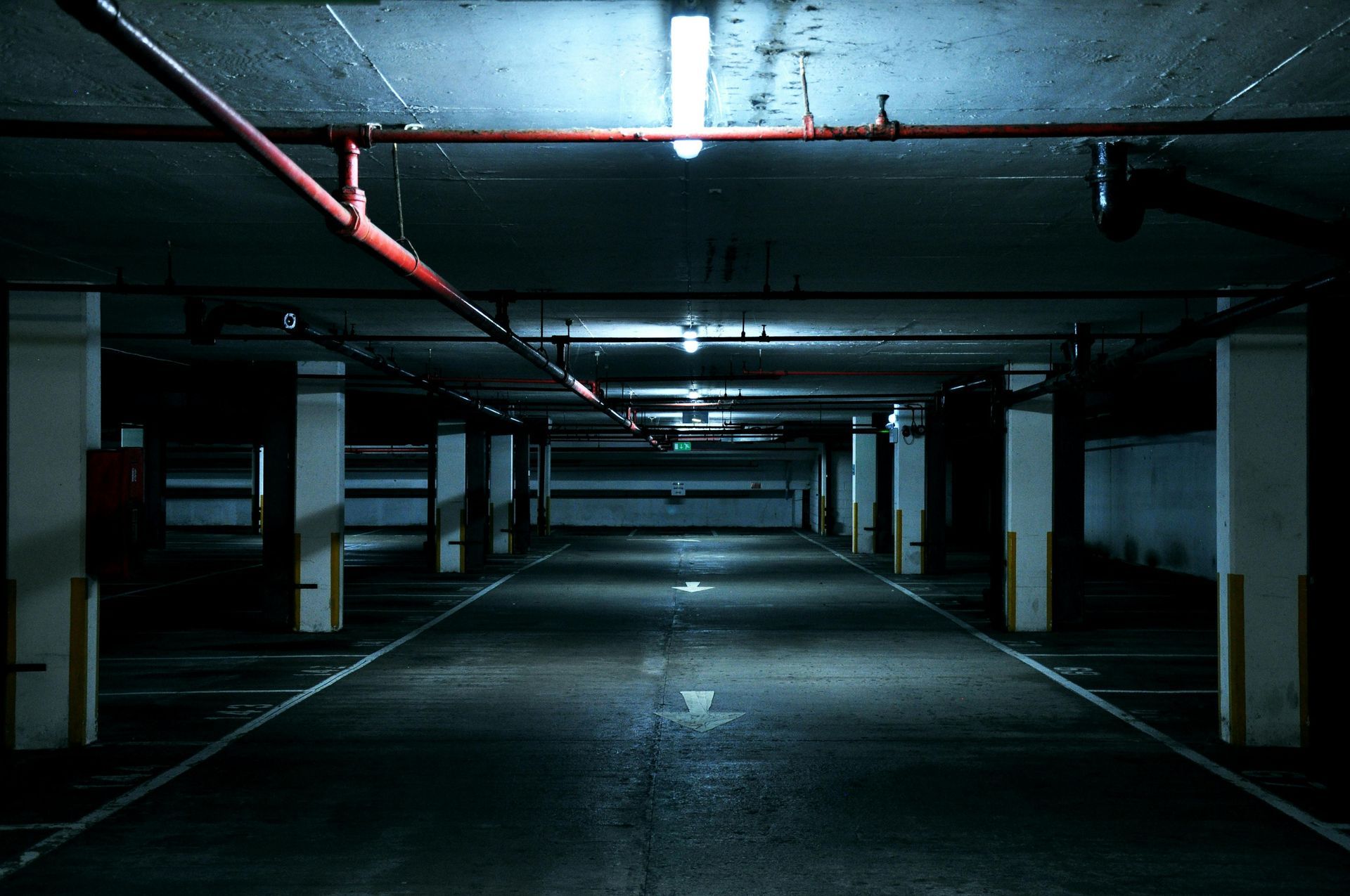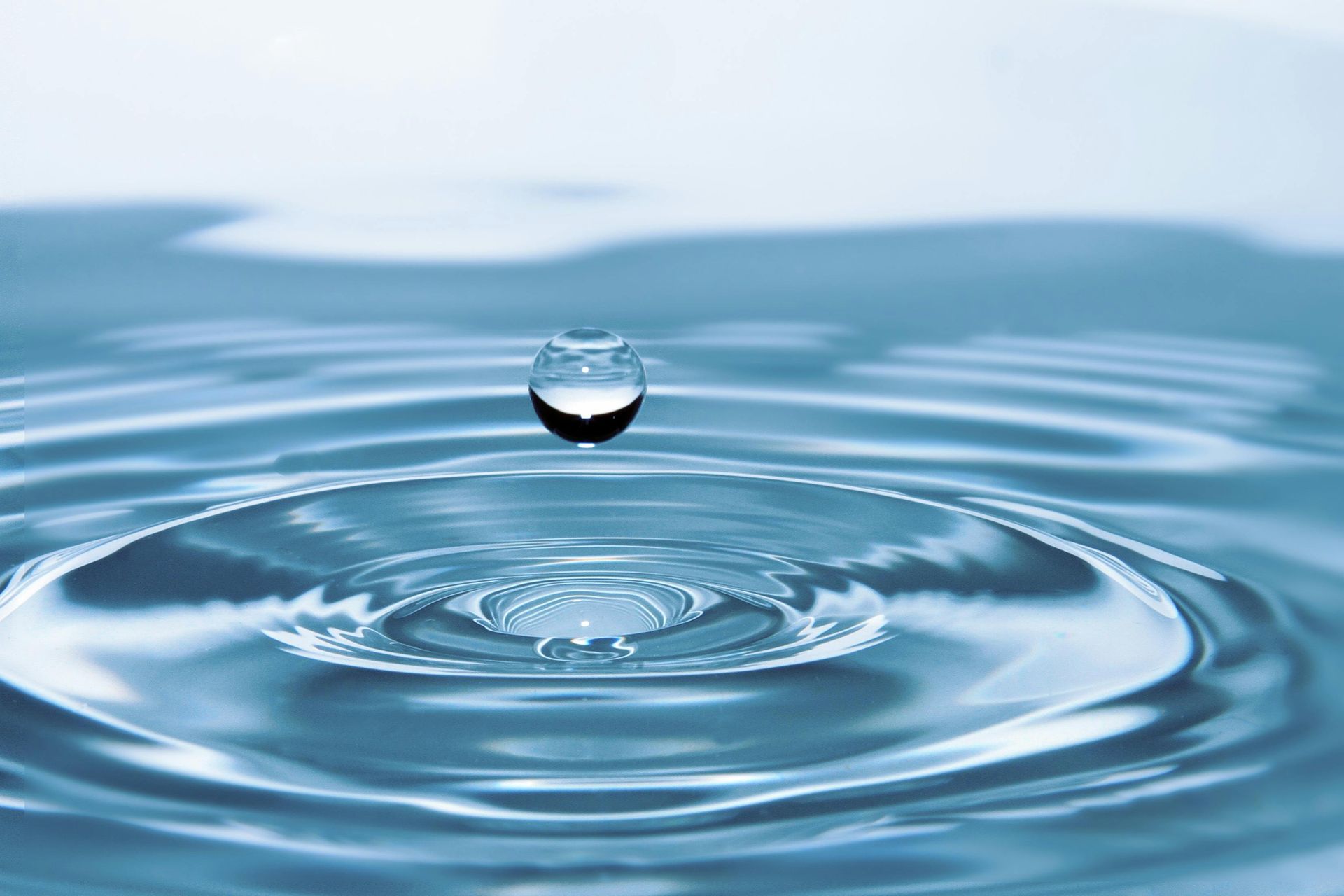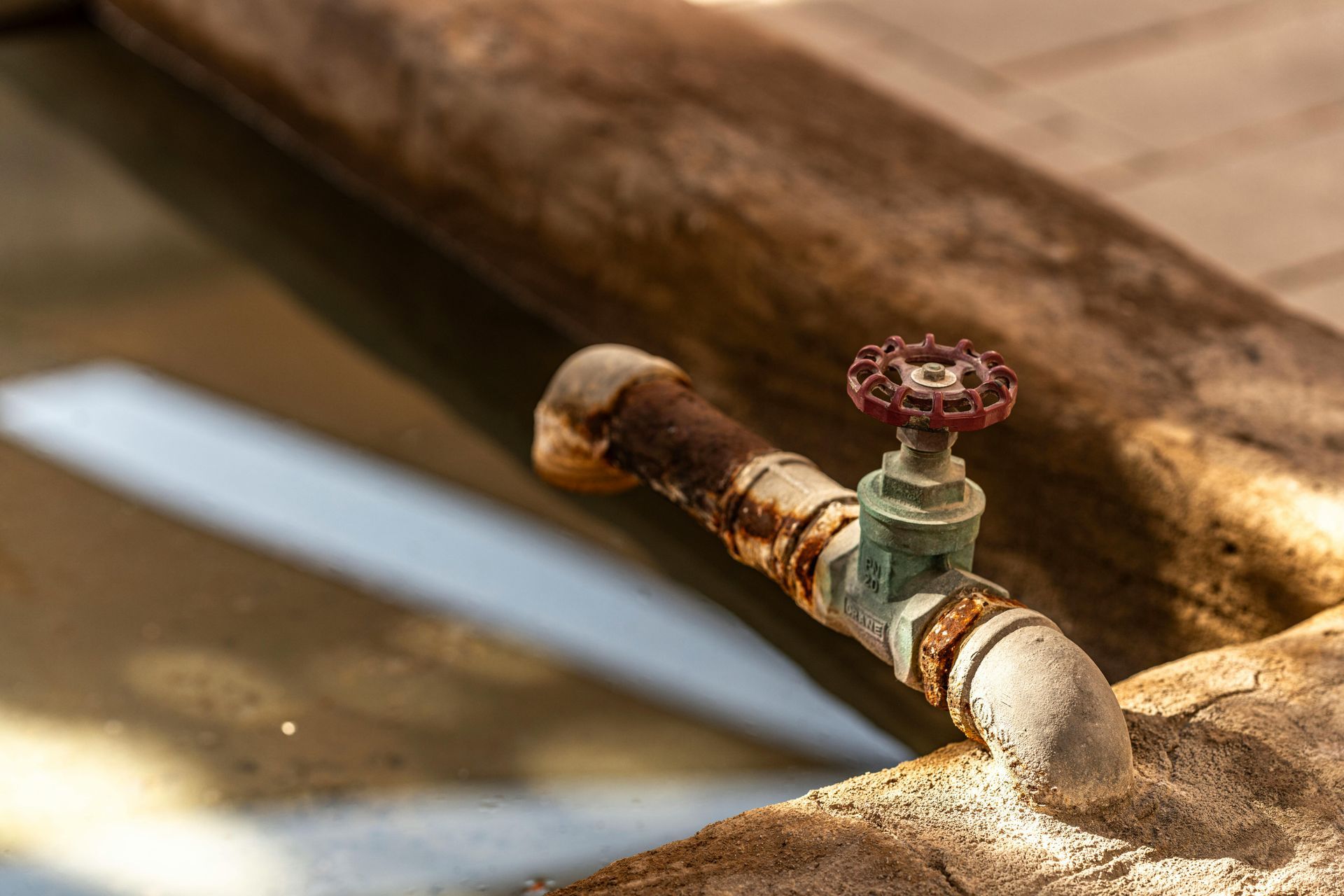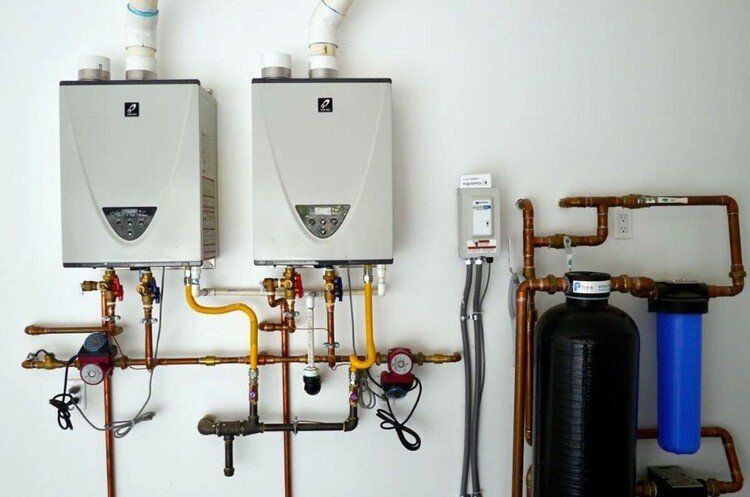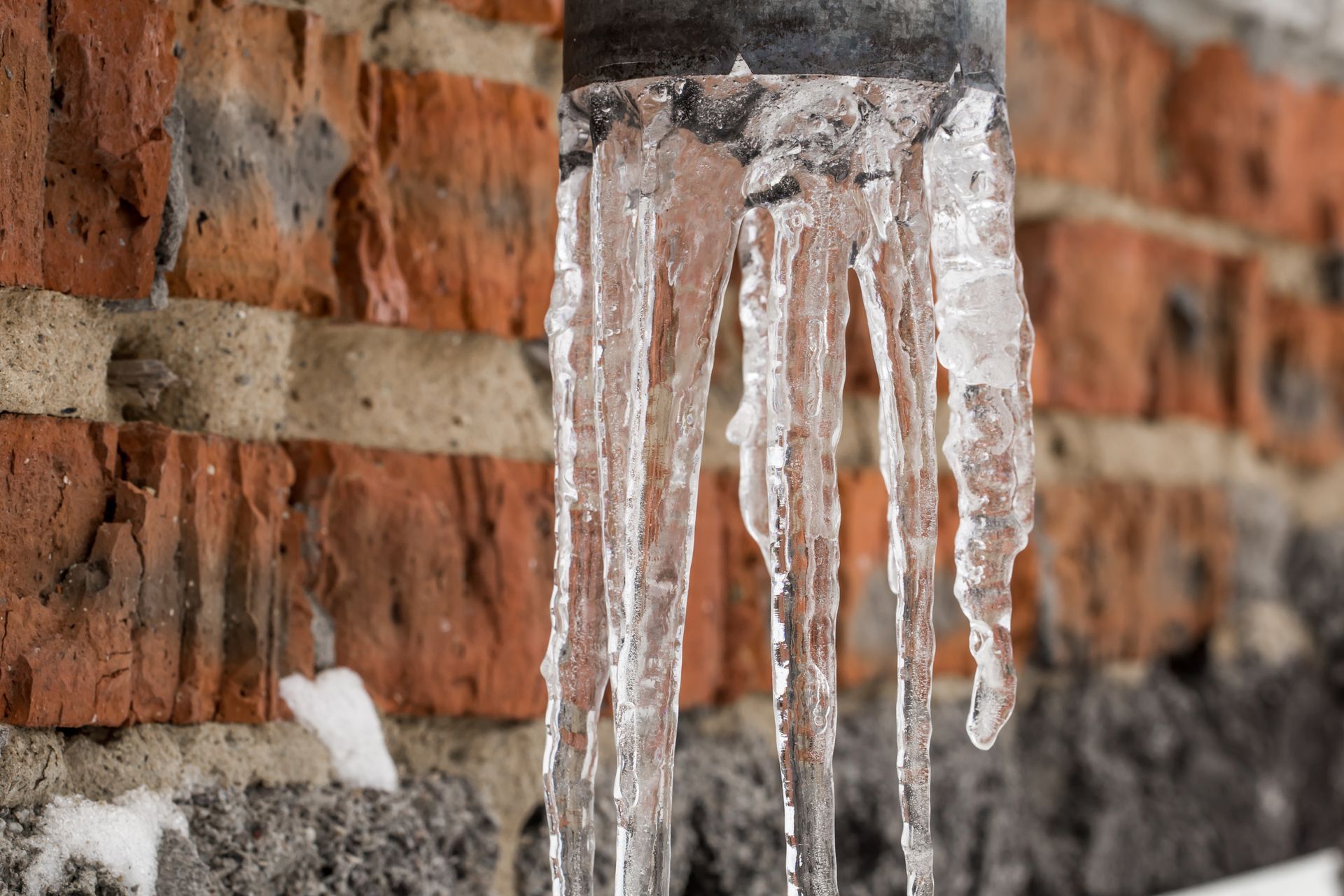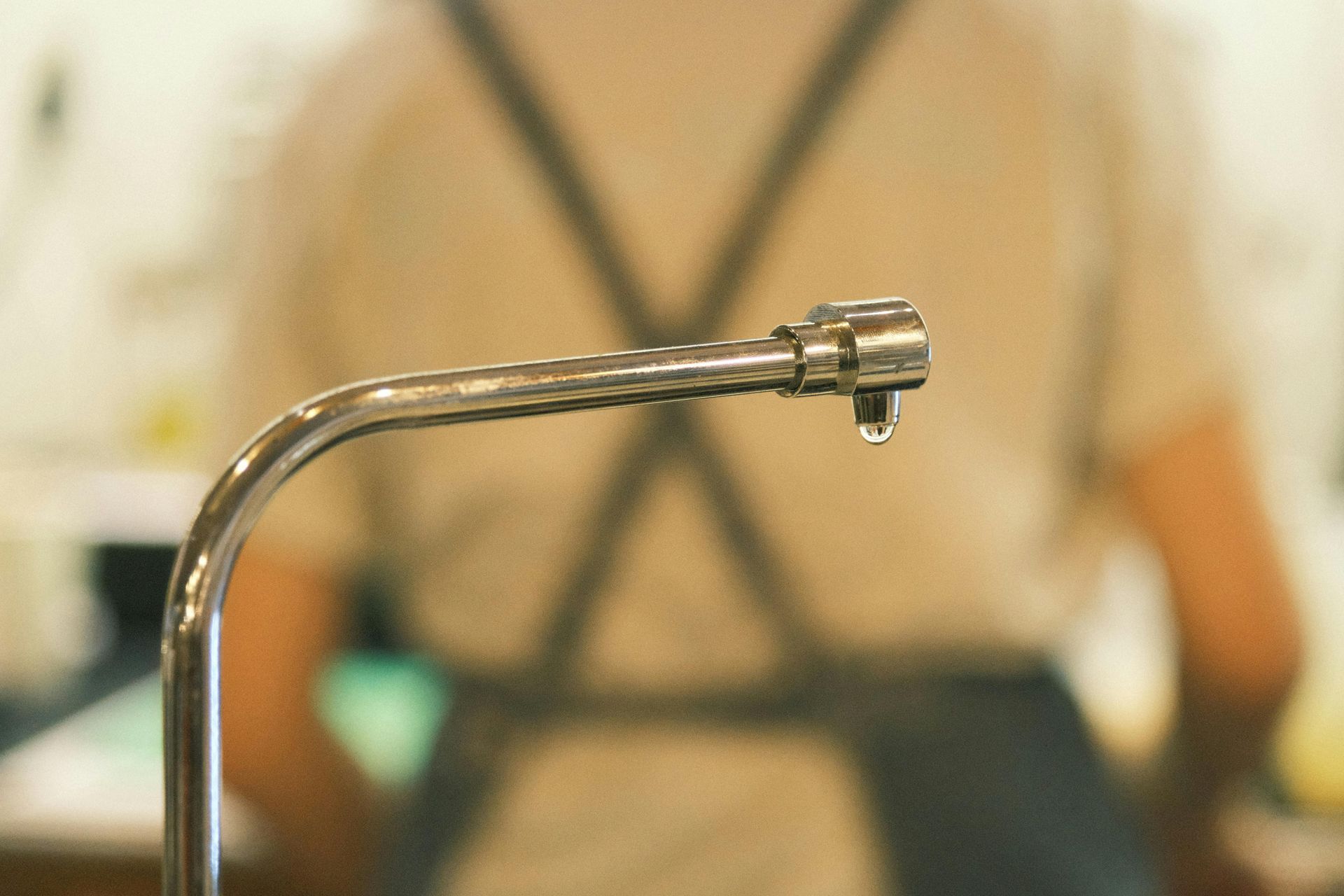Tankless vs. Traditional Water Heaters: What’s Best for Your Home?
Choosing the right water heater for your home is a significant decision that impacts comfort, energy efficiency, and long-term utility costs. The two primary types on the market—tankless and traditional water heaters—offer distinct advantages and disadvantages. Understanding the differences between these systems will help homeowners make an informed choice that suits their household needs, budget, and lifestyle.
This article provides a comprehensive comparison between tankless and traditional water heaters. We explore how each system works, their pros and cons, installation considerations, maintenance requirements, and cost implications. Additionally, we touch upon broader plumbing topics such as common waterline problems that may affect your water heater performance and why professional services from experts like All City Plumbers are valuable to ensure a seamless water heating experience.
How Traditional Water Heaters Work
Traditional water heaters, also known as storage tank water heaters, have been the standard choice for decades. These units consist of a large insulated tank, typically ranging from 30 to 80 gallons, where water is continuously stored and heated. The tank maintains a ready supply of hot water, ensuring immediate availability when faucets or appliances are turned on.
Inside the tank, a heating element or burner heats the water to a preset temperature. As hot water is drawn from the tank during use, cold water simultaneously refills the tank from the bottom. The heating system then reheats the incoming cold water to maintain the set temperature, operating in cycles to keep the tank full of hot water.
Because the water is stored and heated regardless of usage, traditional water heaters consume energy even when no hot water demand exists, a phenomenon known as standby heat loss. However, these systems typically offer a reliable source of hot water and are compatible with most plumbing setups without additional modifications.
How Tankless Water Heaters Work
Tankless water heaters, also called on-demand or instantaneous water heaters, operate on an entirely different principle. Instead of storing a large volume of hot water, these systems heat water only when it is needed. When a hot water tap is opened, cold water flows through a heat exchanger where energy from an electric element or gas burner heats the water instantly.
One of the key advantages of tankless water heaters is their energy efficiency. Because they eliminate standby heat loss, these systems only consume energy during actual water heating, translating to lower operational costs. Furthermore, tankless units are compact and can be installed in smaller or unconventional spaces due to the absence of a bulky tank.
However, tankless water heaters have limitations in flow rate. The instantaneous heating restricts the maximum hot water output, which might be insufficient during simultaneous high-demand scenarios such as multiple showers running alongside a dishwasher. Proper sizing and consultation with plumbing professionals become critical to ensure adequate hot water supply.
Comparing the Benefits of Traditional and Tankless Water Heaters
Traditional water heaters stand out for their simplicity and initial cost-effectiveness. These units are often less expensive upfront, and their installation is straightforward, especially when replacing an existing tank-style water heater. Additionally, traditional systems easily supply hot water to multiple fixtures concurrently, which can be advantageous in larger families or homes with higher water demands.
Conversely, tankless water heaters provide substantial energy savings over time due to their on-demand operation. By heating water only when needed, these units reduce wasted energy, leading to lower monthly utility bills and a smaller carbon footprint. The compact design of tankless units also frees up valuable space, which can be a major benefit in smaller homes or urban settings with limited installation areas.
Another consideration is lifespan: tankless water heaters generally have a longer operational life—averaging 20 years or more—compared to approximately 10 to 15 years for traditional water heaters. Also, tankless units often come with easily replaceable parts and modular components, potentially reducing repair costs.
Drawbacks and Challenges of Each System
While traditional water heaters have a lower upfront cost, they tend to be less energy efficient in the long run. Standby heat loss means energy is expended continuously, even if no hot water is needed. Additionally, large tanks require substantial space and can be heavy, complicating installation or replacement in tight areas.
Tankless water heaters, despite their efficiency, present their own challenges. Their higher initial purchase and installation costs may deter budget-conscious homeowners. Installation can be complex, frequently demanding upgrades to gas lines, electrical components, or venting systems to handle rapid heating safely and effectively.
Moreover, the flow rate limitations mean tankless heaters may require multiple units or expensive whole-house configurations to serve high-demand households, increasing the total cost. Additionally, if your home suffers from common waterline problems such as mineral buildup or low water pressure, it may impact the performance of a tankless water heater more than that of a traditional tank system. Regular maintenance, including waterline inspections, is essential to avoid such issues.
Installation and Maintenance Considerations
Proper installation is critical for both types of water heaters. Traditional water heaters typically replace older units with minimal plumbing modifications. However, routine maintenance is essential, particularly flushing the tank periodically to remove sediment buildup that can reduce efficiency and shorten the unit’s lifespan.
Tankless water heaters require more specialized installation. Correct sizing is vital to ensure the unit can meet household demand. Venting needs and electrical or gas supply lines must comply with stringent building codes, making it imperative to engage experienced plumbers.
Maintenance for tankless units includes periodic descaling to counteract mineral buildup, especially in areas with hard water. These systems may also require routine inspection of heat exchangers and filters for optimal function.
Engaging professional services from companies like All City Plumbers is advisable. Their expertise helps avoid installation errors, identify and resolve common waterline problems, and carry out preventative maintenance such as leak testing your main water line, protecting your investment and ensuring system longevity.
Cost Analysis: Purchase, Installation, and Operation
Upfront, traditional water heaters are generally more affordable, with costs varying based on capacity and brand. Installation expenses are typically lower due to the relative simplicity of replacing existing units. However, their higher energy consumption contributes to increased utility bills over time.
Tankless water heaters demand a higher initial investment not only in equipment but also in installation and possibly home system upgrades. Nevertheless, energy savings accrued through efficient operation often justify the expense over the system’s lifespan, especially in households with moderate to low hot water needs.
For homeowners evaluating alternatives, it is important to consider both the initial financial outlay and ongoing operating costs. Incentives, rebates, and tax credits for energy-efficient appliances may influence decision-making and should be explored.
Making the Right Choice for Your Home
Determining whether a tankless or traditional water heater is best depends on individual household size, hot water consumption patterns, budget, space availability, and long-term goals. Large families with simultaneous hot water usage may benefit from the large supply capacity of traditional tanks, while smaller households or those prioritizing energy efficiency may lean toward tankless systems.
In addition, assessing your home’s plumbing infrastructure and potential vulnerabilities will inform the decision. For example, if your residence suffers from common waterline problems such as corrosion, leaks, or poor water pressure, resolving these issues before or during water heater installation is crucial to prevent compromised performance.
Professional plumbers like All City Plumbers offer comprehensive consultations and services to help homeowners choose and install the right water heater. From performing leak testing your main water line to ensuring all plumbing and electrical connections meet code requirements, their expertise ensures a hassle-free experience.
Conclusion
Both tankless and traditional water heaters have unique advantages and limitations. Traditional units excel in simplicity, initial affordability, and meeting large demand simultaneously, but at the cost of energy efficiency and space usage. Tankless water heaters shine in energy savings, compact size, and longevity but often require a substantial upfront investment and professional installation to address technical complexities.
Understanding your household’s hot water needs, plumbing infrastructure, and long-term goals is essential for making the best choice. Engaging experienced plumbing professionals like All City Plumbers not only helps select the ideal system but also resolves related concerns such as common waterline problems to enhance system reliability.
By carefully weighing the benefits and drawbacks and seeking expert guidance, you can ensure your home has a dependable and efficient water heating system tailored to your specific circumstances, offering comfort and peace of mind for years to come.

